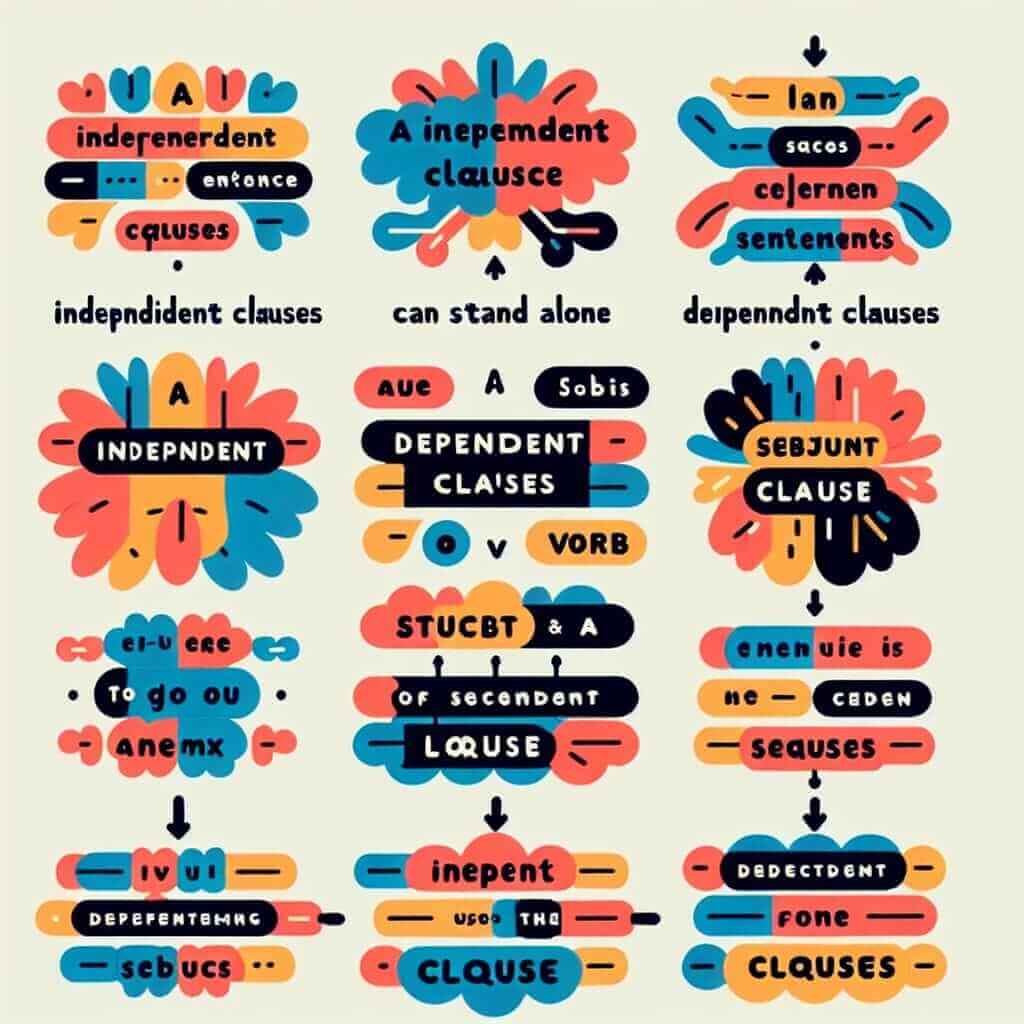As an IELTS instructor with over two decades of experience, I’ve witnessed firsthand the power of complex sentences in elevating students’ writing scores. Many test-takers perceive complex sentences as daunting grammatical hurdles, but in reality, they are valuable tools for showcasing your language proficiency to the IELTS examiners.
Why Are Complex Sentences Crucial for IELTS Writing?
In the IELTS writing exam, you’re assessed on your ability to produce clear, accurate, and sophisticated language. Complex sentences demonstrate your mastery of grammar and your ability to express intricate ideas effectively. Using them strategically can significantly enhance your score in the Grammatical Range and Accuracy criterion.
Deconstructing Complex Sentences: A Simple Approach
A common misconception is that complex sentences need to be long and convoluted. However, the essence of a complex sentence lies in its structure, not its length. It consists of:
- One independent clause: A clause that can stand alone as a complete sentence.
- One or more dependent clauses: A clause that cannot stand alone and relies on the independent clause for its meaning.
Let’s illustrate this with an example:
- Simple sentence: The student studied diligently.
- Complex sentence: Although the material was challenging, the student studied diligently.
In the complex sentence, we’ve added the dependent clause “Although the material was challenging,” which provides more context and makes the sentence more interesting.
Connecting Clauses: The Power of Subordinating Conjunctions
Subordinating conjunctions act as bridges, seamlessly connecting your independent and dependent clauses. They not only link your ideas but also signal the relationship between them. Here are some commonly used subordinating conjunctions:
- Cause and effect: because, since, as, so that
- Contrast: although, though, even though, while, whereas
- Time: when, after, before, since, until, as soon as
- Condition: if, unless, provided that
Examples:
- Cause and effect: Because he practiced regularly, his writing skills improved dramatically.
- Contrast: While she found the listening section difficult, she excelled in the reading test.
- Time: Before you submit your essay, make sure to proofread it carefully.

Varied Sentence Structures: Avoiding Monotony
While complex sentences are essential, overusing a single type can make your writing sound repetitive. Strive for a balance between simple, compound, and complex sentences.
Consider these techniques for adding variety:
- Using participial phrases: The student, having finished the essay early, decided to review his answers.
- Employing relative clauses: The IELTS exam, which tests four language skills, is widely recognized for university admissions.
- Incorporating appositives: My IELTS teacher, a former examiner, provided invaluable tips for the writing test.
Analyzing Real IELTS Writing Samples
Let’s examine how complex sentences are employed effectively in IELTS writing tasks:
Task 2 Essay Sample:
“Some people believe that the benefits of tourism outweigh its drawbacks. While it is true that tourism can bring economic growth to a region, (dependent clause) it is also important to consider the potential negative impacts on the environment and local communities. (independent clause) “
In this example, the writer uses a complex sentence with the conjunction “while” to present a balanced perspective on tourism.
Top Tips for Mastering Complex Sentences:
- Start small: Begin by adding one dependent clause to your simple sentences.
- Practice regularly: Incorporate complex sentence construction into your daily writing practice.
- Read widely: Pay attention to how experienced writers use complex sentences in articles, essays, and books.
- Get feedback: Ask your IELTS teacher or a language partner to review your writing and provide constructive criticism.
Conclusion:
Mastering complex sentences is not about memorizing grammatical rules but about understanding how to use them effectively to express your ideas with clarity and sophistication. By incorporating the techniques discussed in this article and practicing consistently, you’ll be well-equipped to impress the IELTS examiners and achieve your desired band score.